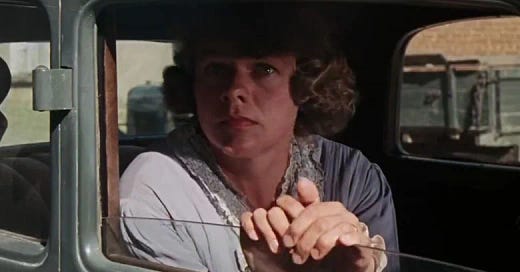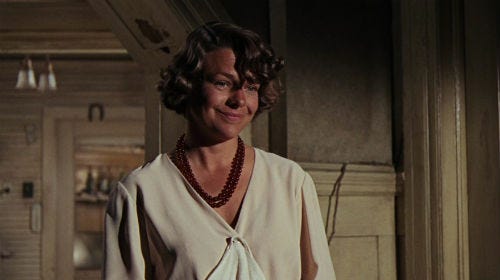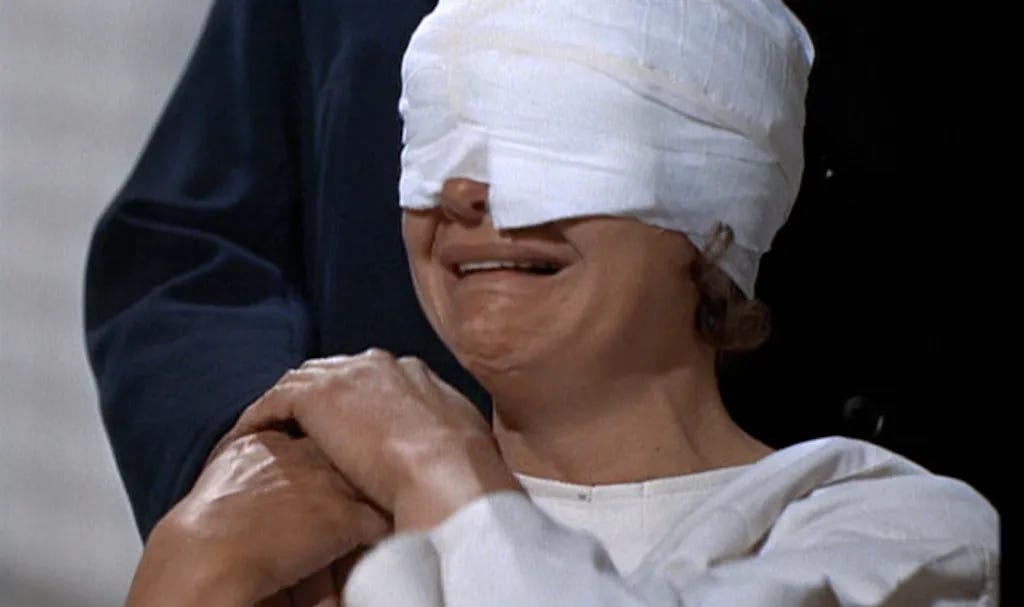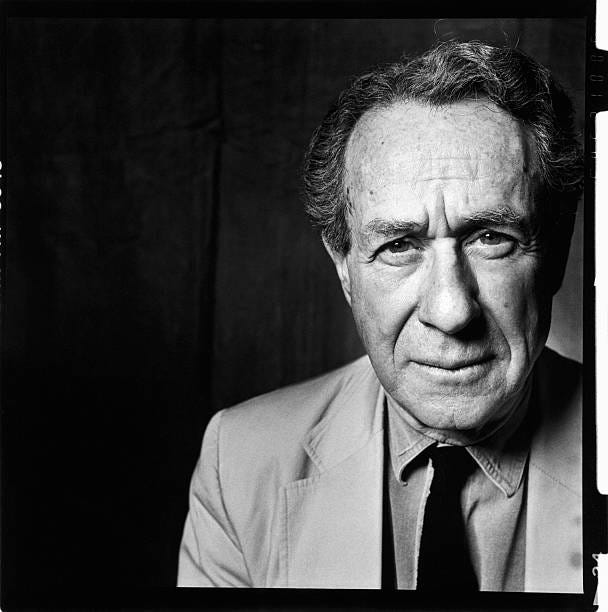Arthur Penn on Estelle Parsons
"Estelle is really alive and almost levitating with talent and energy in that part. She was—she is—so fearless."
James Grissom: “Is it true that you had to cajole Estelle Parsons into taking the role of Blanche [Barrow, in Bonnie and Clyde]?
Arthur Penn: “Yes, and cajole is the right word. There wasn’t an argument. There were no harsh words or demands on either side. Estelle was at a particularly bad point in her life. At that time, I didn’t know what the situation was—only that she was very depressed, and she was talking about changing things, reconsidering things. I’ve since read interviews with her, and I’ve learned that she had sublet her apartment and made the plans to uproot her children to go be a part of a theatre company, and the company collapsed. Or the offer collapsed. I don’t recall. So when I reached out to her, she was really in no mood to do anything but retreat and figure out an escape plan.”
James Grissom: “Why does Madeleine Sherwood’s name come up so often in reference to Blanche?”
Arthur Penn: “Because I remember Madeleine’s name coming up in the casting sessions, and Estelle either knew we were considering Madeleine or she heard about her or she’s just very good at casting. All three are possible. Almost no one is smarter than Estelle, although I didn’t think it was so smart of her to not want to take the part. But I did not say that at the time. I know not to alienate an actress.
“Madeleine was a good idea for Blanche, but I cannot remember a single discussion about her, but I remember imagining her in the role. Madeleine is, like Estelle, unafraid of being strident and bold, if the character demands it. Neither of those actresses has the vanity of wanting to be liked as a character. But Estelle has a sense of humor that I have never seen in Madeleine’s work. I knew Estelle’s Blanche would be the outsider, the very loud, judgmental outsider, but I also knew that the sense of slapstick that we wanted in the film could come from her. I knew I could let her be wide open and she would surprise me. And she did.
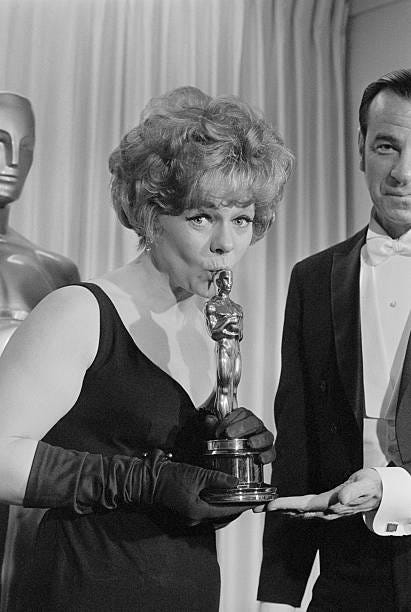
“Warren [Beatty] had a phrase that I liked: ‘Remembering to forget.’ And he would tell me I should forget a lot of what I set in stone at the outset of the film. I had very strong ideas. You have to have those ideas, and it’s good to have them as goals, but you also have to let people surprise you. You have to expect them to know more than you do—and they certainly knew more than I did—and you have to relax and give them time and space. Everyone in that film rose far above the loftiest plans I had.
“Estelle didn’t think she was a film actress, and I think I asked her to tell me what the hell that was. An actress is an actress. Estelle didn’t understand films—the making of films. There was a time when I didn’t either. So I asked her to trust me, and we had worked together before in the theatre—and very well—so she did. I trusted her. After a while she learned to not look over at me all the time before she took a risk, and that is when she really soared. I mean, Estelle is really alive and almost levitating with talent and energy in that part. She was—she is—so fearless. I remember looking at footage one day and marveling with Warren that she didn’t think she could do the part. She wanted to turn it down, but she trusted us, she trusted herself, and she gave fully of herself. That is one incredibly unbridled performance, and if I did anything of value, it was to trust her and let her go. You asked earlier what makes a good director, and I would say trusting your actors—trusting everybody—to surprise you with what they’ve got, with what they can do. Back up, but always let them be able to find you if they need you.”
Interview in New York City, 2006
